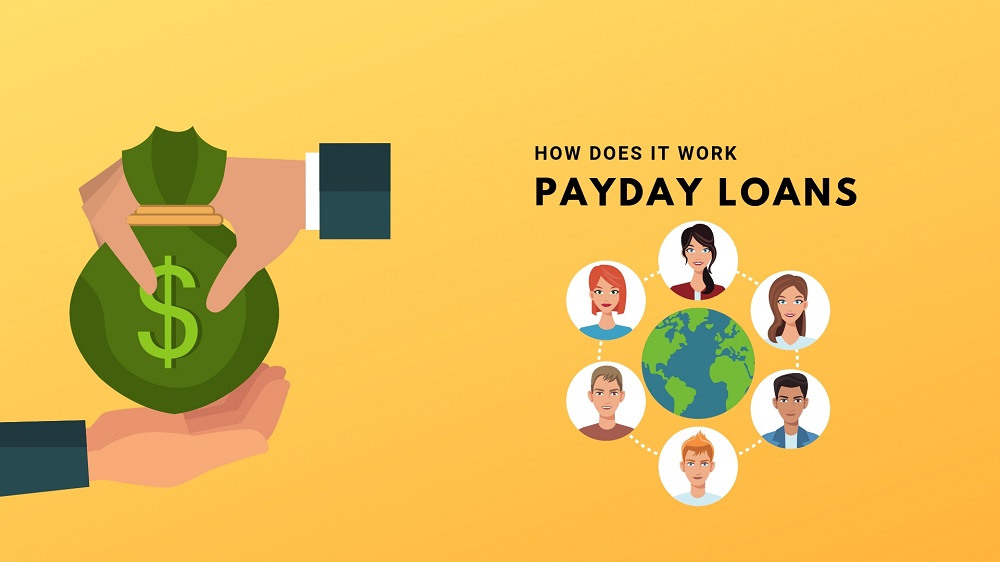They’re everywhere – payday loans, cash advance loans, checks loans, and post-dated check loans. These short-term, high rate loans go by a variety of names and come at a very high price.
They’re everywhere – payday loans, cash advance online loans, checks loans, and post-dated check loans. These short-term, high rate loans go by a variety of names and come at a very high price. Companies offering these types of quick cash options spend big money on television, radio, newspaper and internet ads that make getting extra cash sound like a fast, easy solution to anyone’s money problems.
These offers often appeal to people with no credit, bad credit, or those who are overextended living from paycheck to paycheck. Consumers who choose to invest in these types of loans often realize too late that what they thought was a solution to their financial problems, was actually a costly financial blunder.
The business of advancing people money towards their paycheck is considered unethical by some. The reality of these types of loans is that borrowers often end up repaying these loans at a rate of 500% or more per year. Aside from the high interest rate, payday loans are also loaded with fees and additional charges, many of which are disclosed in the fine print of the contract or application.
Under the Truth in Lending Act, the cost of these loans as well as other types of credit must be disclosed. The borrower must receive, in writing, the finance charge and the annual percentage rate (APR). It is the borrower’s responsibility to read the loan agreement thoroughly before signing as it is a legal and binding document. By signing, the borrower is legally obligated to repay the loan according to the conditions and specifications cited in the agreement.
Agreement
When reading the agreement the borrower should pay close attention to the following things:
Amount Financed:
This is the amount borrowed not including any fees, in other words, this the amount of cash the borrower will receive upon signing the agreement.
Finance Charge:
This is the total amount of interest the borrower will pay for the advance.
Annual Percentage Rate (APR):
This is the cost of credit to the borrower as a yearly rate. Since these loans are intended to be small short-term transactions, the APR is often quite high. In some states like Wisconsin, there are no laws limiting the rate of interest a lender can charge.
Total Payment Due Lender:
This is the total amount the borrower will have paid once all payments including interest and all applicable fees are applied.
When considering obtaining a payday loan, a person should take note of the following; if the borrower is married and their spouse does not sign the loan agreement, the lender is required to give the spouse a written notice that the borrower has obtained the loan. If the borrower pays the loan in full prior to its due date, he or she is entitled to a partial refund of the finance charge. Also, if the borrower defaults on repaying the loan, the lender may list the past due account with the credit bureau which could affect the borrowers ability to get credit in the future.
Upon signing the loan agreement, the borrower is taking on a great responsibility. If the borrower cannot or does not repay the loan, the lender can seek a money judgment against the borrower for the amount financed plus court costs. In addition, the borrower may be ordered to pay any late charges, interest, and insufficient funds fees. Once a money judgment is obtained, if the borrower cannot or does not pay the amount ordered, the lender may attempt to garnish his or her wages until the balance is paid in full.

